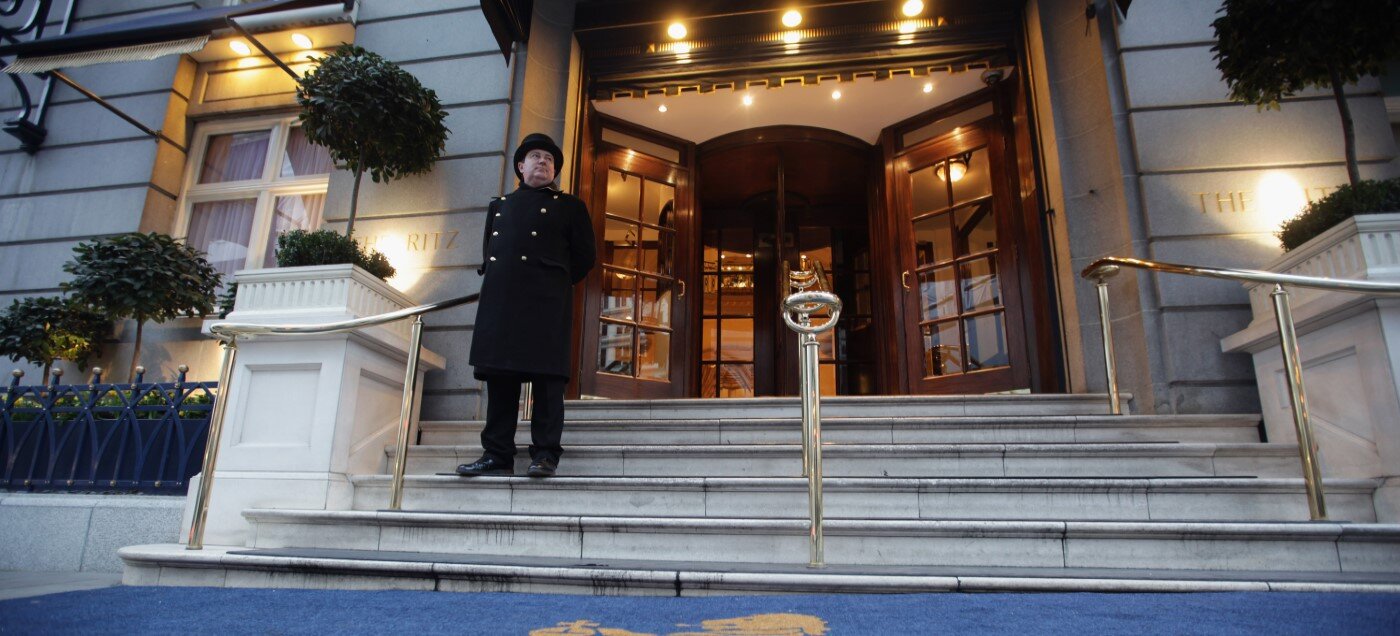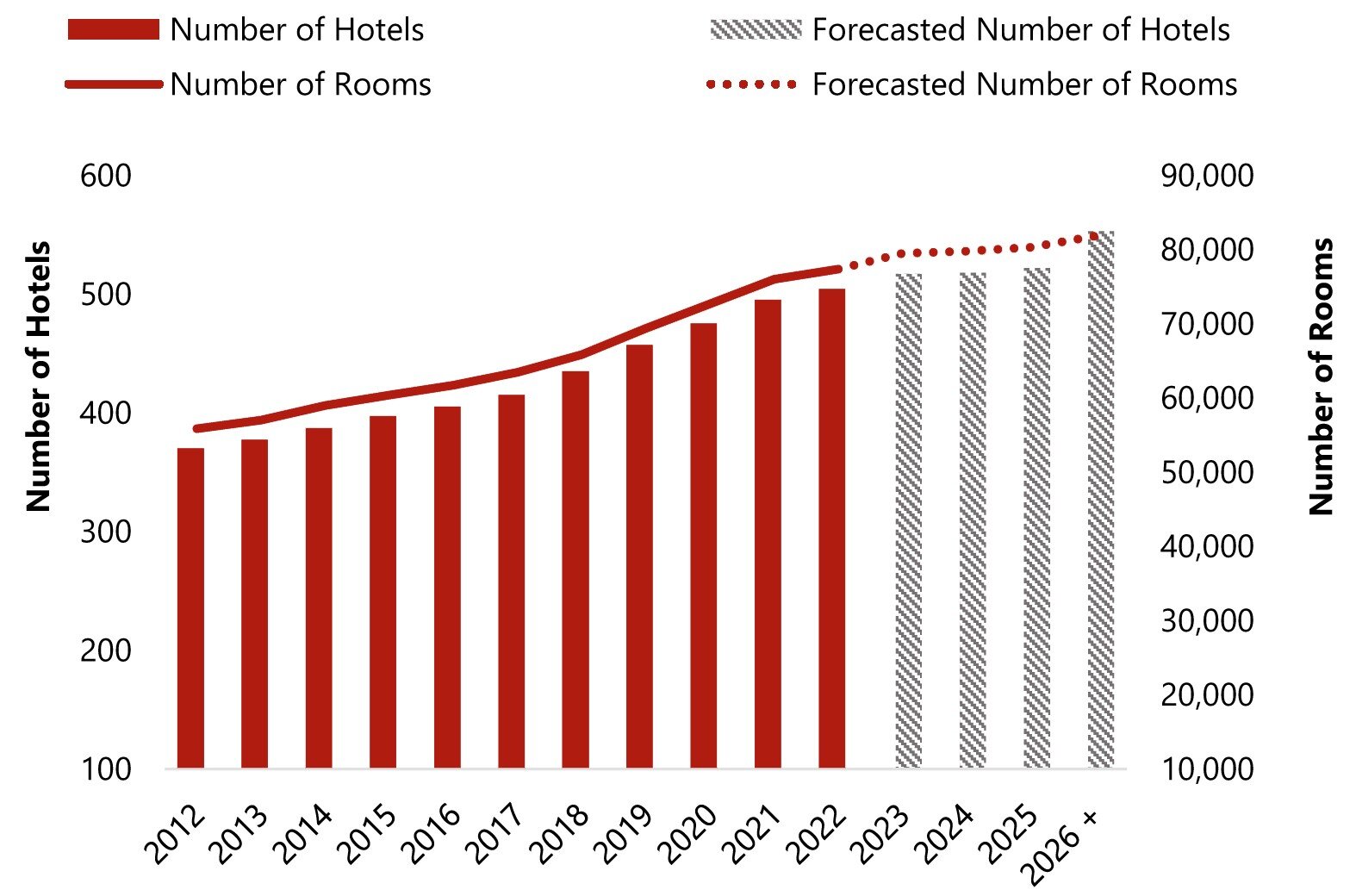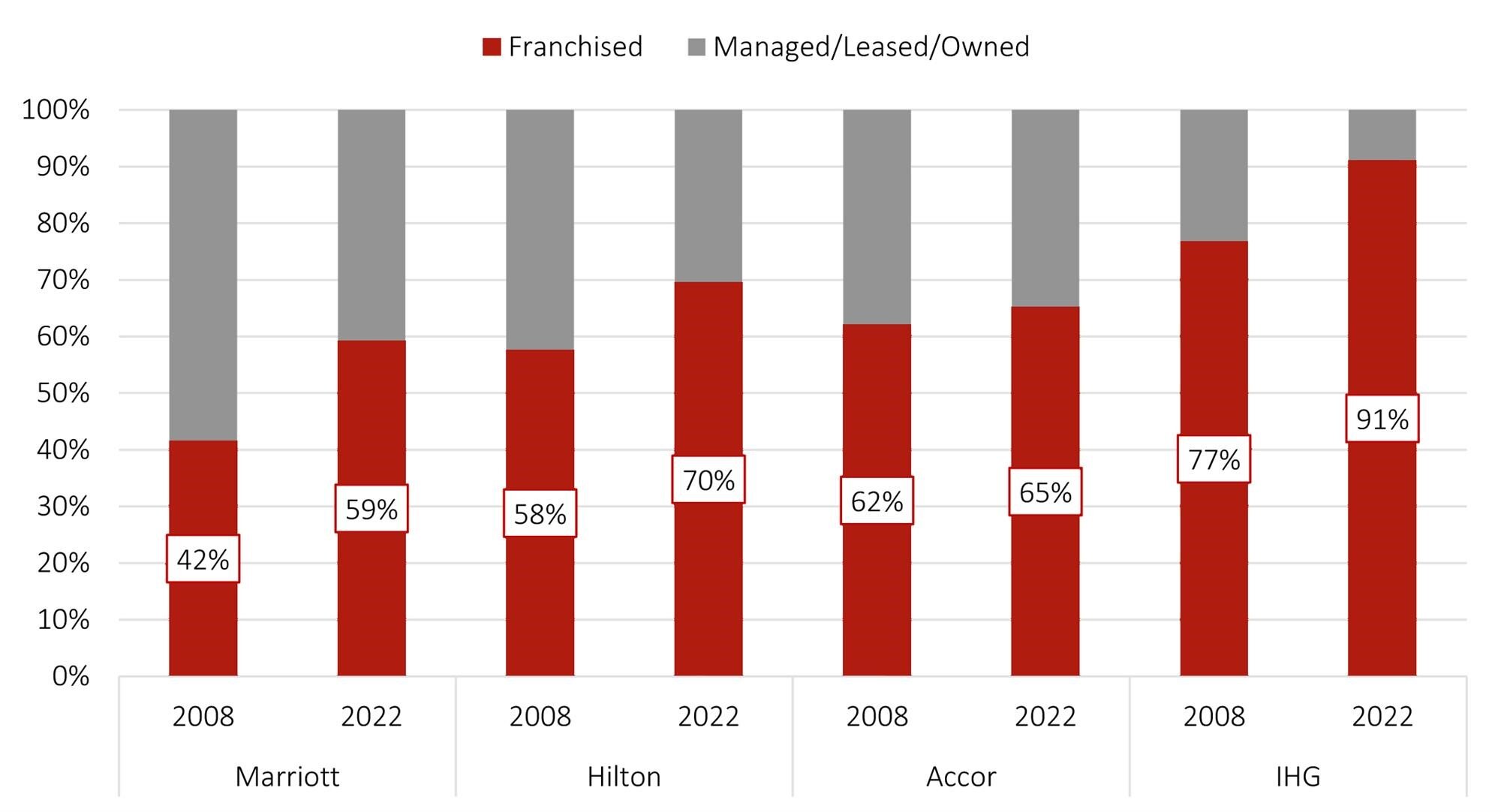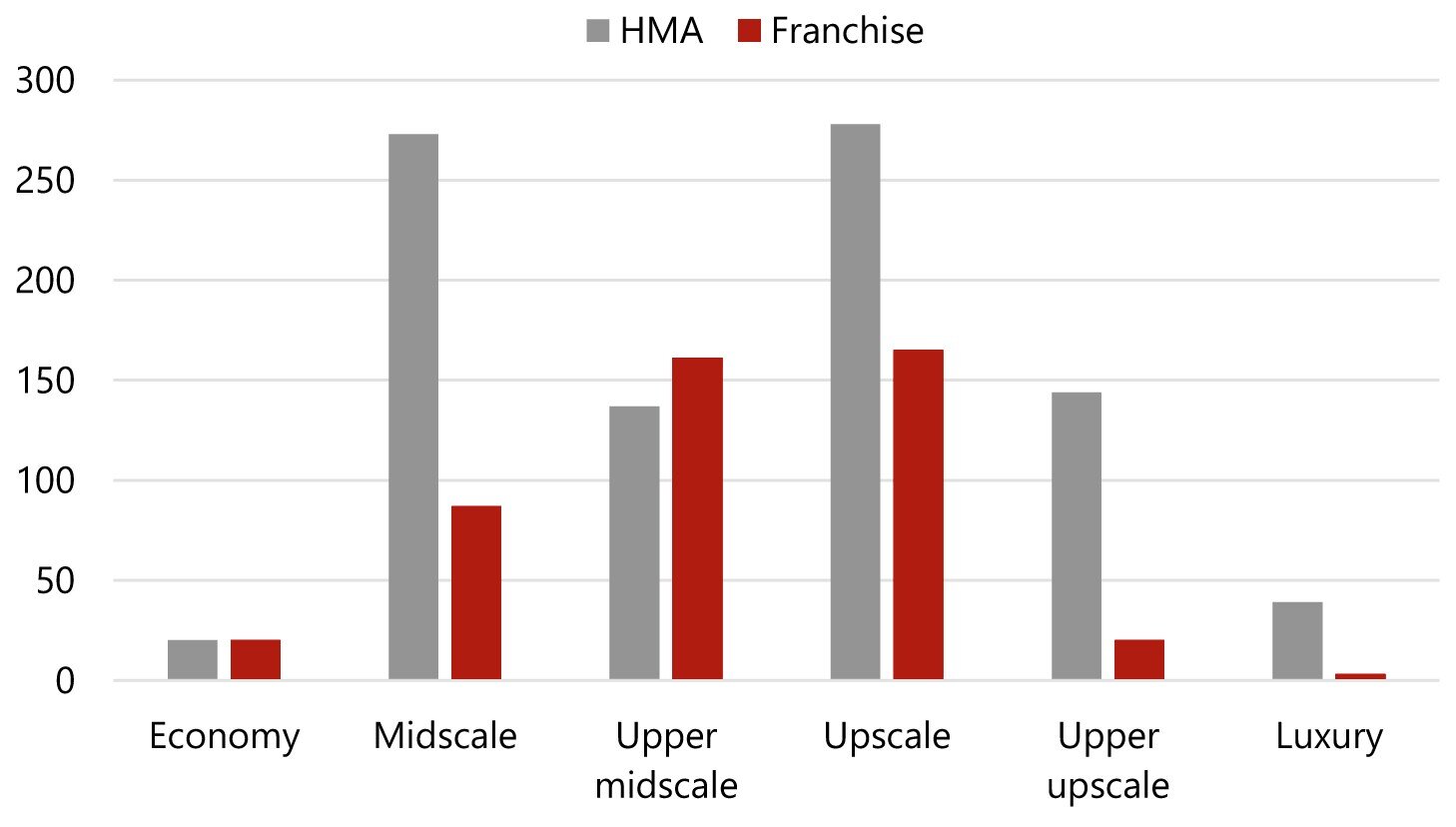Vacation Real Estate News

Third-Party Hotel Operators Set to Increase Across Europe in 2023
Vacation News » London Edition | By Michael Gerrity | January 23, 2023 8:08 AM ET
According to a new report from global hotel consultancy HVS, the number of hotel owners using third-party operators to run their properties looks set to increase across Europe, reflecting the desire for flexibility as well as a number of other benefits.
The trend for third party operators (TPOs) has emerged from the US where the concept has become commonplace, with most franchised hotels from midscale upwards now being run by TPOs. These operators are not affiliated with the owner or the franchise brand and as such can be more aligned with owner objectives, often driving higher profits as a result. Examples of TPOs in the UK include RBH Hospitality Management, which has been a key partner for brands such as Accor, IHG, Marriott and Hilton.
In Europe the use of TPOs is more common among small and mid-sized hotels, particularly limited service or extended stay properties. As the concept has matured, however, more experienced TPOs are being sought for large corporate and luxury hotels, some in addition to operating under licensing agreements with a hotel brand.
In a sample of major European hotel operators compiled for the report by HVS, the number of hotels in the sample operated by TPOs has grown by around 40%. This percentage is expected to grow a further 5% by 2025.
"The rise in TPOs has arguably been prompted by an increase in franchising as branded operators move from the operational management of hotels to focus more on brand development and distribution," commented report co-author Nikola Miljković, a senior associate at HVS London.
The report outlines the often more favorable terms obtainable from TPOs including shorter contracts than usual brand management arrangements, sometimes just 12 months compared with 20-30 years. Termination rights can also be more owner-friendly and less expensive, improving the liquidity of the asset and with a more direct involvement in operations TPOs can usually boost performance and be more accurate with financial projections.
"Whilst the use of a TPO often implies fees in addition to franchise costs, larger TPOs benefit from operational advantages such as being less restrictive, being able to react more quickly to market changes to each individual property and improved buying power. Being more objective they can also choose which brand programs to participate in on a property-by-property basis," added Miljković.
"The fundamental focus of brands remains the brand's success and this can conflict with the interests of owners," concluded report co-author Jon Critchely, director at HVS Hodges Ward Elliott, the brokerage and investment services division of HVS London.
"The popularity of third-party managers is partly due to the alignment of interests, particularly regarding asset value and profitability. We are likely to see their use across the UK and Europe grow moving forward as we see an increase in the number of credible and established TPOs."
Sign Up Free | The WPJ Weekly Newsletter
Relevant real estate news.
Actionable market intelligence.
Right to your inbox every week.
Real Estate Listings Showcase
Related News Stories
Vacation Real Estate Headlines
- Cuba's Tourism Could Boom if Trump Liberates Its People Like Venezuela
- Global Hotel Performance Remained Stagnant in 2025
- Record-Breaking 122 Million Americans Will Travel This 2025 Holiday Season
- Record 81.8 Million Americans to Travel for Thanksgiving
- Hong Kong Hotel Investment Skyrockets 106 Percent in 2025
- Asia-Pacific Hotels See Modest Profits Ahead While Navigating Global Volatility
- Asia Pacific Hotel Investment Slows Amid Selective Capital Flows
- Asia Pacific Hotel Investment Cools in First Half of 2025
- Short Term Rental Occupancies Plunge Mid-2025 as U.S. Travelers Pull Back
- Short-term Vacation Rentals Outperform U.S. Hotels in Q2
- Record Setting 72.2 Million Americans Traveling for July Fourth Holiday
- Record 45.1 Million Americans to Travel Over 2025 Memorial Day Weekend
- U.S. Vacation Home Sales Fall to Lowest Level Since 2018
- Disney Announces New Landmark Theme Park Resort in Abu Dhabi
- Despite Geopolitical Uncertainty, European Hotel Values Rise
- Record 119 Million Americans Traveling Over the Christmas Holidays
- 80 Million Americans to Hit the Road, Skies and Seas for 2024 Thanksgiving Holiday
- Asia Pacific Hotel Investment to Exceed $12 Billion in 2024
- Asia Pacific Hotel Investment Tops $12 Billion in 2024
- Seattle, Orlando and New York Top Labor Day Destinations in 2024
- Record 71 Million Americans Traveling Over July Fourth Week
- Major Hotel Operators Expanding Rapidly Across Asia Pacific in 2024
- 44 Million Traveling Memorial Day Weekend, Second Most in History
- South Korea is Asia Pacific's Top Performing Hotel Market
- Florida Dominates Top 10 U.S. Cities List to Invest in Short Term Rentals
- Investment in South Korea Hotels Dipped in 2023
- European Hotel Values Still Below Pre-Covid Prices
- Over 115 Million Americans Traveling Over Christmas Holidays
- 55.4 Million Americans on the Move Thanksgiving Holiday
- Asia Pacific Tourism to Approach Full Recovery in 2024, Driving Hotel Sector Growth
- Asia Pacific Hotel Revenues to Rise in 2024 Despite Economic Volatility
- Tourist Bookings to Hawaii Down 50 Percent Since Maui Wildfires
- Demand for Vacation Homes in U.S. Hit 7-Year Low in August
- International Travel for Americans Jumps Over 200 Percent in 2023
- U.S. Labor Day Weekend Travel To Uptick in 2023
- Asia Pacific Hotel Investment Collapses 51 Percent in 2023
- As Summer Travel Season Winds Down, U.S. Gas Prices Rise Again
- Record Setting 50.7 Million Americans to Travel This July Fourth Holiday
- Israel Hotels Poised for Growth as International Visitors Set to Return
- Over 42 Million Americans to Travel This Memorial Holiday Weekend










